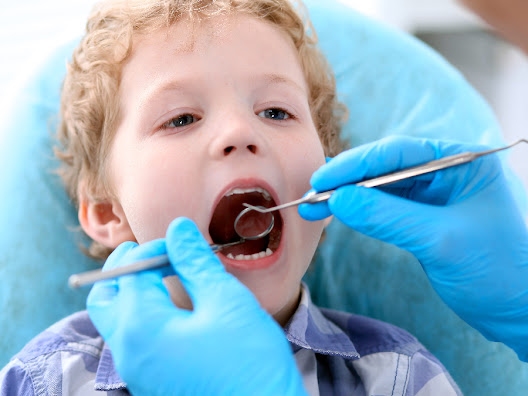The Role of Genetics in Autism: Understanding the Complex Interplay
Autism is a disorder that affects the way some people communicate and behave. It can make it hard for them to make friends and talk to others. A lot of kids in the United States have autism.
Scientists think that genes, which are things that parents pass down to their children, might have something to do with autism.
This research paper on autism talks about genetic risk factors associated with ASD, Mechanisms of Genetic Factors in the Development of ASD, and some current research.
Genetic Risk Factors Associated with ASD
Genetics, which are the instructions that make us who we are, can sometimes play a role in causing ASD.
Here are three different ways that genetics can be involved:
Common and Rare Genetic Differences
These are small changes in the genetic instructions that some people have. Some of these changes can cause to have ASD.
Copy Number Variations (CNVS)
These are changes in the number of copies of a gene that someone has. Some CNVs can make a person more likely to have ASD.
De Novo Mutations
These are changes that happen randomly in a person's genes and are not passed down from their parents. Some de novo mutations can make a person have ASD.
Mechanisms of Genetic Factors in the Development of ASD
Epigenetic mechanisms can change the way genes work without changing the genetic code itself. These changes can happen before a baby is born or as someone gets older.
Researchers have found that there are differences in these changes in some people with ASD. The development of an autistic brain is complicated, and many things can affect it, including genes, epigenetic changes, and environmental factors.
Scientists can use advanced technology to study a person's genes and find changes that might be linked to ASD. Some environmental factors, like drinking alcohol during pregnancy, have also been linked to ASD.
Problems with the way cells produce energy, called mitochondrial dysfunction, have also been found in some people with ASD.
Current State of Research on the Genetics of ASD
Scientists think that it is caused by a mix of things like genes (things we inherit from our parents) and things we experience in the world around us.
According to the national library of medicine, certain genes can increase the chances of having ASD, and they think that genes may play a part in about 90%-95% of cases. This means that if someone in your family has ASD, you might be more likely to have it too.
Scientists have also found some rare changes in our genes that can cause ASD. These changes can stop our brains from growing normally and can cause problems like difficulty talking to others and doing the same things over and over.
New ways of studying genes have helped scientists to find even more things that could cause ASD. They have found that ASD is really complicated and that many different genes can play a role, along with other things we experience in our lives.
Conclusion
Autism is a condition that affects some people and it can be caused by many different things in their genes. Scientists are still studying and research on ASD and developing research papers on autism.
It is important to understand the genetic reasons behind autism so that we can help people who have it.
People with autism may face challenges, but they also have unique talents and abilities. We should support and celebrate their strengths.





Comments
Post a Comment